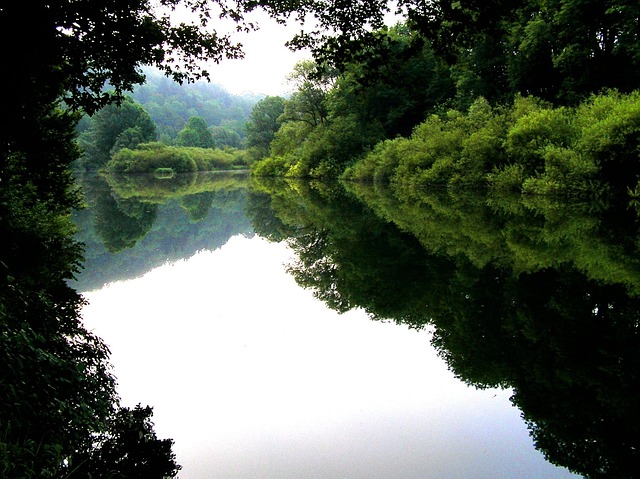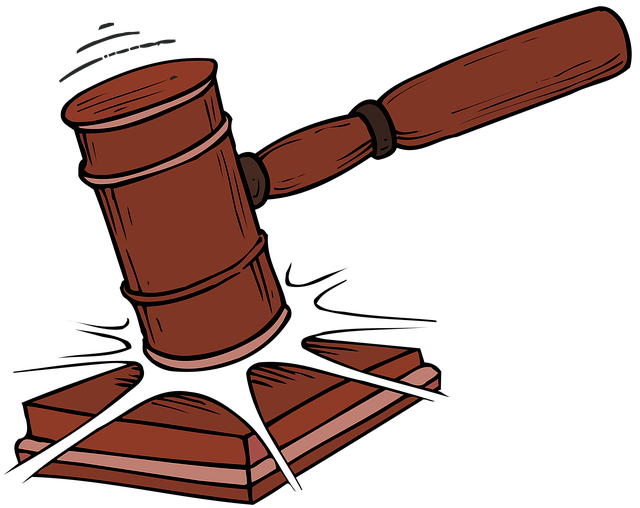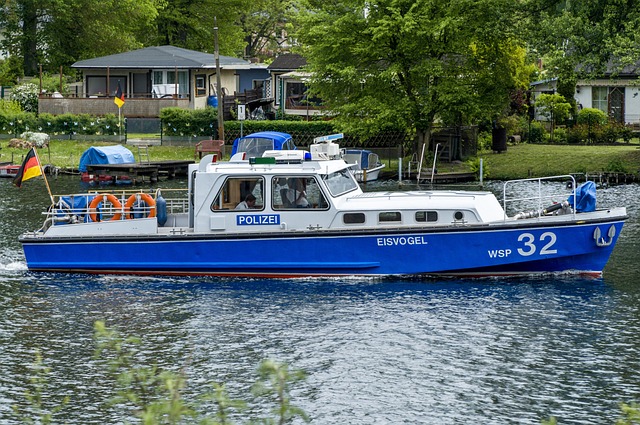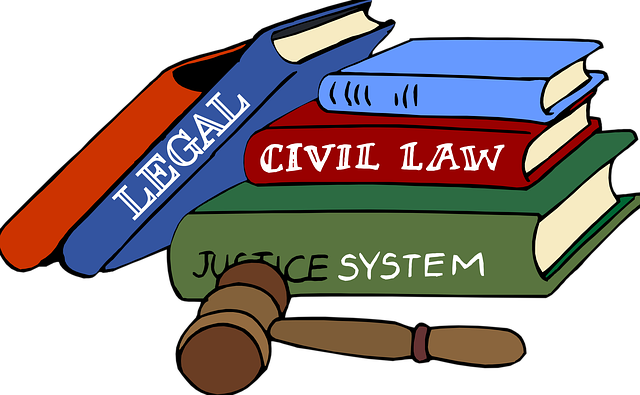Businesses operating in highly regulated environments face challenges adhering to intricate environmental laws, often leading to Legal Assistance for Environmental Regulation Violations. Specialized law firms provide expert guidance on compliance, representation before regulatory bodies or courts, and criminal defense. This support helps mitigate penalties, safeguard reputations, and promote long-term sustainability. Common litigation types include criminal defense for serious harm, white-collar crimes, civil claims, and complex multi-party disputes. Navigating these legal frameworks demands specialized knowledge to ensure fair outcomes. Case studies demonstrate successful strategies, from corporate defense to community activism, that hold polluters accountable and enforce environmental protection measures, benefiting both ecosystems and communities.
Litigation plays a pivotal role in addressing environmental regulation violations, with various types of cases emerging from these infringements. Understanding these legal landscapes is crucial for businesses and individuals seeking to adhere to environmental laws. This article explores common litigation strategies in environmental disputes, highlighting the significance of Legal Assistance for Environmental Regulation Violations. From navigating complex regulations to successful case studies, we provide insights into how legal experts foster positive change, ensuring accountability and compliance.
- Understanding Environmental Regulation Violations
- Common Types of Litigation in Environmental Cases
- The Role of Legal Assistance in Environmental Disputes
- Case Studies: Success Stories in Environmental Litigation
Understanding Environmental Regulation Violations

When it comes to Environmental Regulation Violations, businesses must navigate a complex web of laws and regulations designed to protect our planet. These rules cover everything from air quality standards to waste management practices, ensuring industries operate in an environmentally responsible manner. However, understanding and adhering to these guidelines can be challenging, leading to potential violations that necessitate Legal Assistance for Environmental Regulation Violations.
Firms with an unprecedented track record in environmental law offer invaluable support to respective businesses facing such issues. They provide expertise in assessing the impact of alleged violations, crafting effective strategies for compliance, and representing clients before regulatory bodies or in court. Whether it’s addressing minor infractions or complex criminal cases involving general criminal defense, these legal professionals help businesses minimize penalties, protect their reputation, and ensure long-term sustainability.
Common Types of Litigation in Environmental Cases
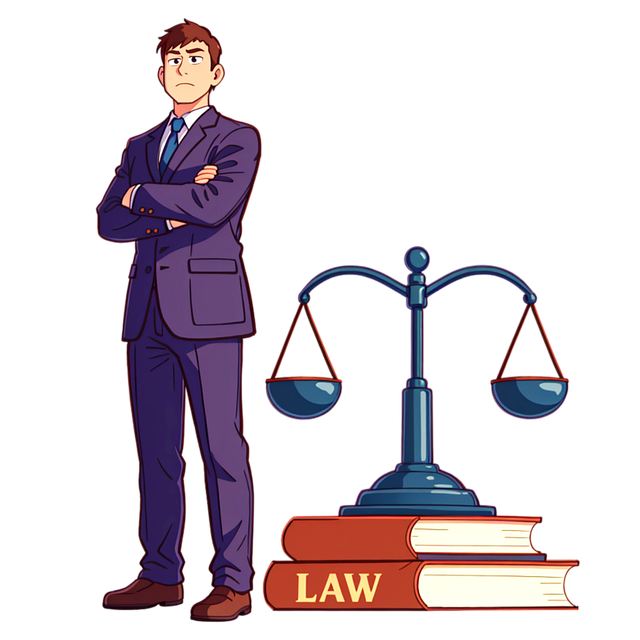
In environmental cases, several common types of litigation emerge when legal assistance for environmental regulation violations is sought. These include general criminal defense actions where individuals or entities face charges related to harming the environment, such as pollution or illegal dumping. Environmental crimes often carry significant penalties and are taken seriously by prosecutors. Another notable type is white collar and economic crimes, which involve financial misdeeds with environmental repercussions, like fraud in reporting emissions or handling hazardous materials.
Moreover, corporate and individual clients alike may find themselves involved in lawsuits stemming from environmental regulation breaches. These cases can range from civil claims for damage to ecosystems or public health to complex multi-party disputes over liability and cleanup costs. Understanding the specific legal frameworks and regulations is crucial for navigating these types of litigation, ensuring fair outcomes for all parties involved.
The Role of Legal Assistance in Environmental Disputes

Environmental disputes often involve complex legal issues and stringent regulations, making legal assistance crucial for navigating these challenges. When businesses or individuals face accusations of environmental regulation violations, they require specialized support to understand their rights and obligations. Legal professionals skilled in environmental law play a vital role in guiding clients through these intricate matters, ensuring compliance and minimizing potential penalties.
These experts assist corporate and individual clients in various ways, including providing advice on permit requirements, investigating allegations, and crafting strategies for defense or settlement. They also offer insights into the broader implications of environmental policies, helping stakeholders make informed decisions. Moreover, legal assistance can extend to philanthropic and political communities, offering guidance on regulatory changes and promoting sustainable practices.
Case Studies: Success Stories in Environmental Litigation

In the realm of environmental litigation, case studies often serve as powerful examples of success and change. These real-world scenarios highlight how legal assistance for environmental regulation violations can lead to significant victories for both the environment and affected communities. Across the country, numerous cases have demonstrated an unprecedented track record of holding polluters accountable and enforcing environmental laws.
From white collar defense strategies that expose corporate misconduct to community-driven initiatives that fight against local pollution sources, these success stories vary widely. Each case brings light to the impact of environmental regulations and the importance of persistent legal action. By studying these precedents, future litigation efforts can build upon proven tactics, fostering a more sustainable and healthy environment for all.
Environmental litigation plays a pivotal role in upholding environmental laws and addressing regulation violations. By understanding different litigation types, seeking Legal Assistance for Environmental Regulation Violations, and learning from successful case studies, stakeholders can effectively navigate complex legal landscapes. These strategies empower individuals and organizations to protect the environment, ensuring compliance and promoting sustainable practices.
